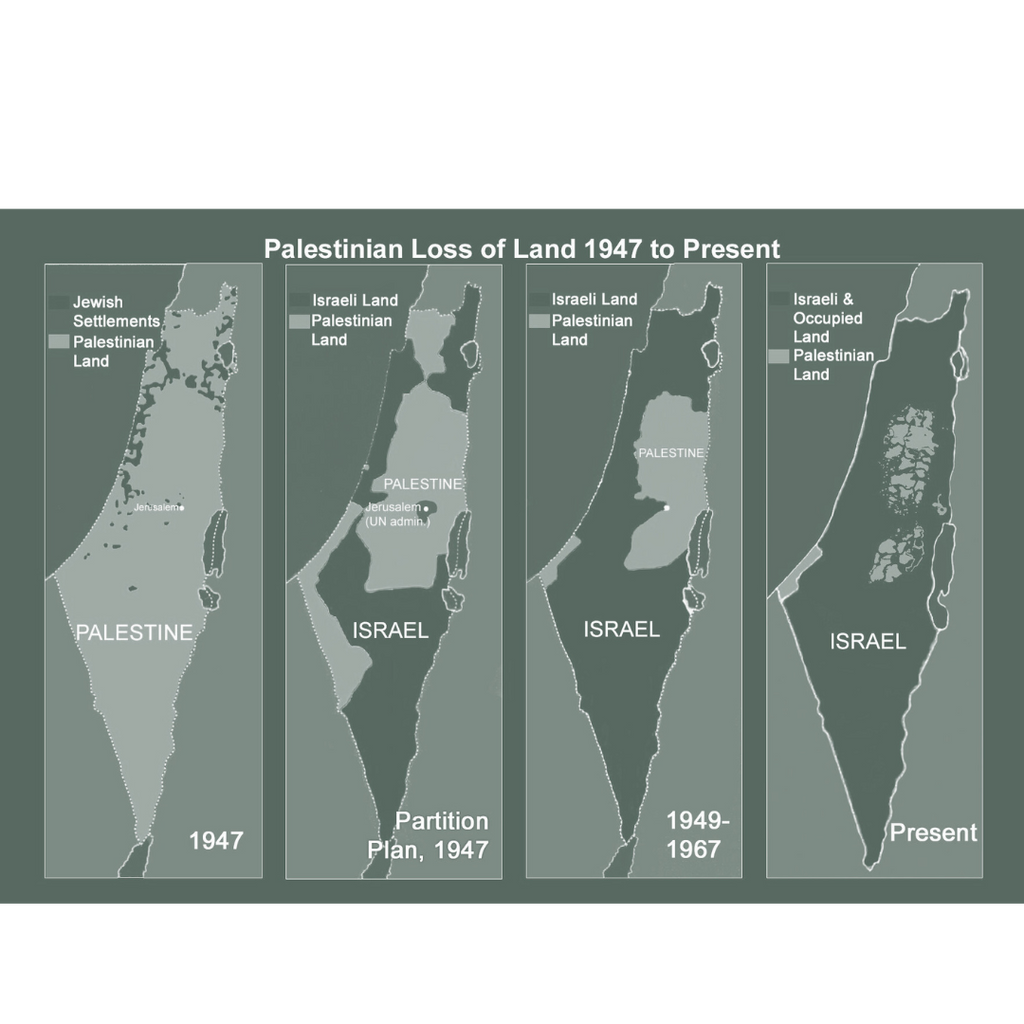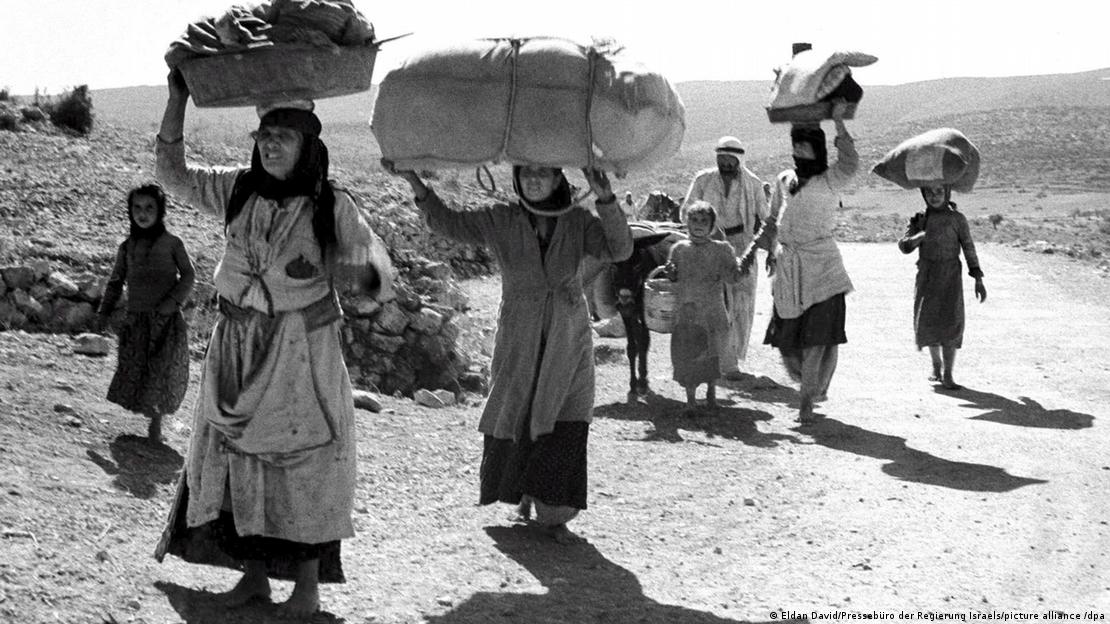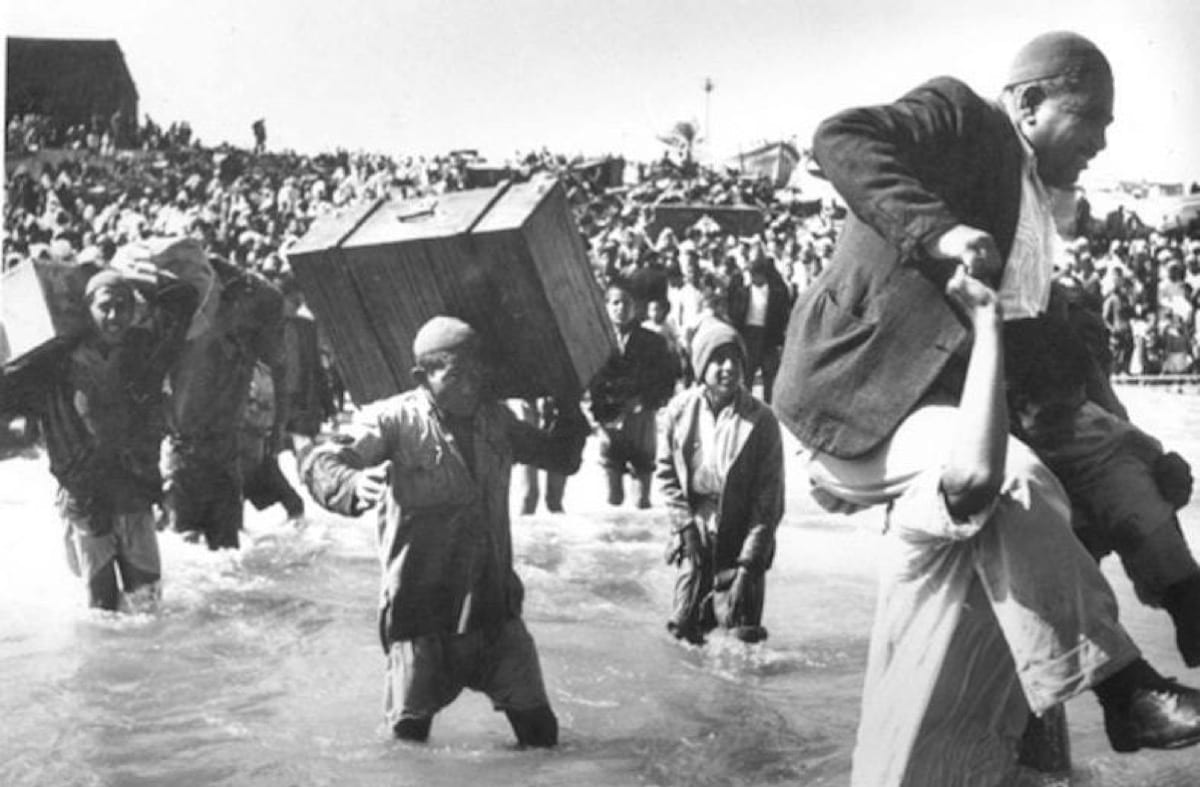The Significance of Nakba Day

Nakba Day, observed on May 15th, commemorates the profound tragedy and loss experienced by Palestinians in 1948. Referred to as the "Nakba," meaning ‘catastrophe’ in Arabic, it marks the mass displacement and ethnic cleansing of Palestinians that occurred following the end of the British Mandate on May 14, 1948. Zionist forces declared the establishment of the State of Israel, leading to the first Arab-Israeli war and the forced expulsion of at least 750,000 Palestinians from their homes and lands.
The impact of the Nakba was devastating. Zionist military forces seized 78% of historic Palestine, leaving just 22% divided between the occupied West Bank and the besieged Gaza Strip. The conflict persisted until an armistice was reached in January 1949, but by that time, around 530 Palestinian villages had been destroyed and approximately 15,000 Palestinians had been killed in mass atrocities, including numerous massacres.
One of the most notorious massacres occurred on April 9, 1948, in the village of Deir Yassin, where Zionist militias killed over 110 men, women, and children. These atrocities led to unimaginable suffering and loss, tearing apart families and communities, and leaving deep scars that continue to this day.
The untold stories

Refugees in their own land

Following the Nakba, Palestinians faced the harsh reality of becoming refugees in their own land. Today, approximately six million registered Palestinian refugees reside in 58 camps across Palestine and neighbouring countries. The United Nations Relief and Works Agency for Palestine Refugees in the Near East (UNRWA) supports around 2.3 million refugees in Jordan, 1.5 million in Gaza, 870,000 in the West Bank, 570,000 in Syria, and 480,000 in Lebanon. The largest refugee camps include Baqa’a in Jordan, Jabalia in Gaza, Jenin in the West Bank, Yarmouk in Syria, and Ain el-Hilweh in Lebanon. More than 70% of Gaza's residents are refugees, with around 1.5 million living in eight camps around the Gaza Strip.
Despite their plight, Palestinians hold onto hope for the right to return to their homes and properties, as enshrined in international law. The ongoing struggle of Palestinian refugees remains one of the world's longest unresolved humanitarian crises. Nakba Day serves as a solemn reminder of the resilience and enduring spirit of the Palestinian people, as well as a call for justice and resolution.
